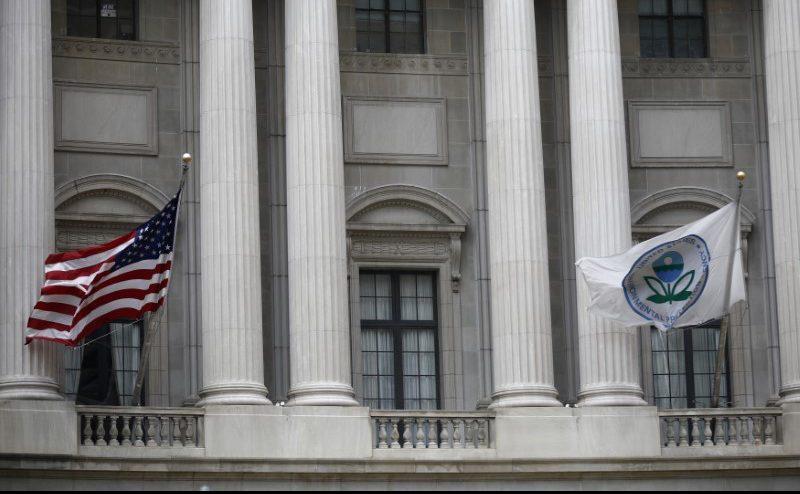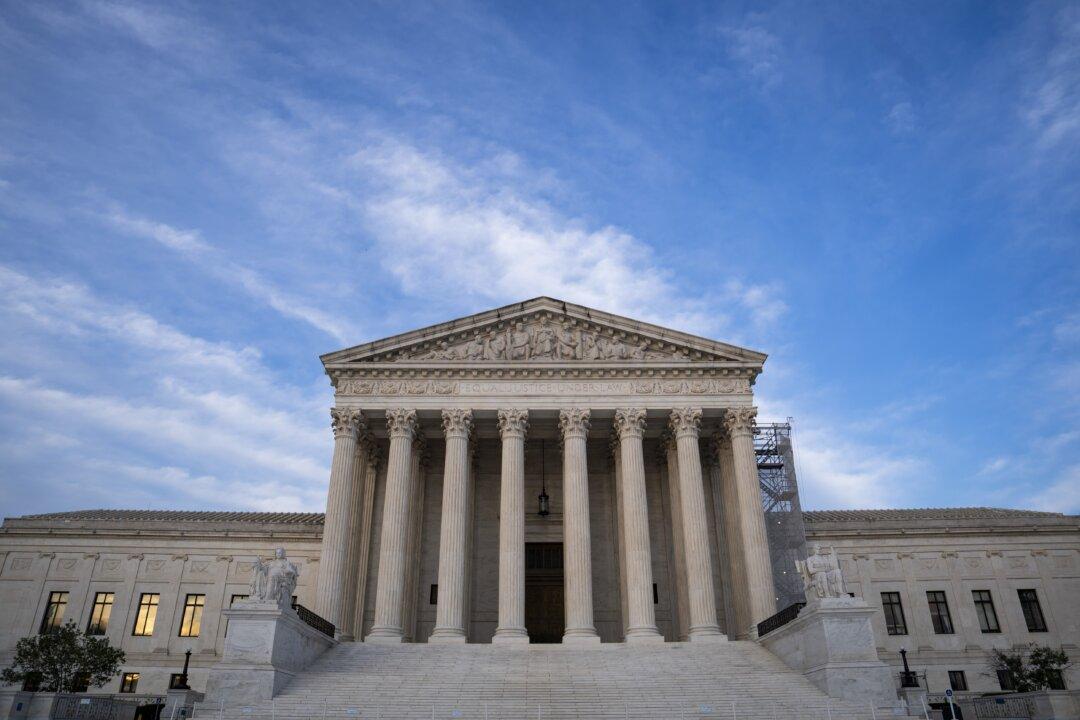The story you are about to read is true. The names have been omitted to protect my retirement account.
The mayor made up in spunk, intelligence, and charm what she lacked in physical prowess. She was an aged, tiny woman, but her mind was anything but frail. She was determined to make a difference, to find a way to help the community she served to climb out of a pit labeled “poverty and despair.”





